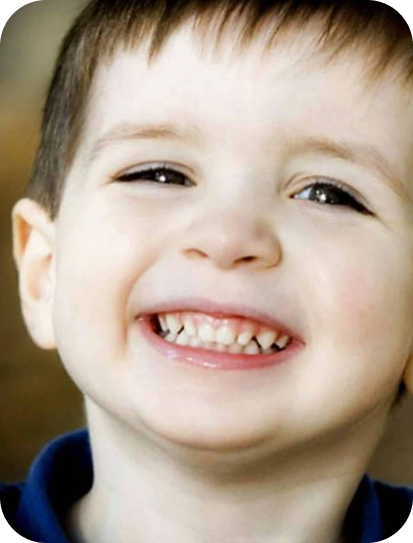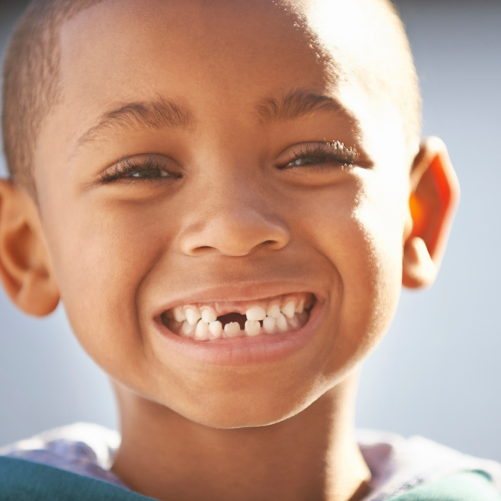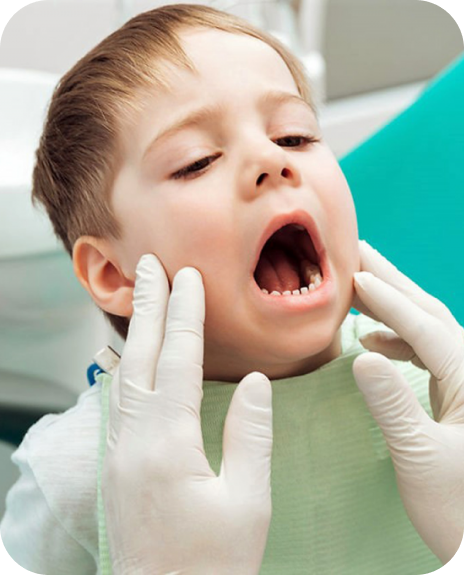Teeth Grinding/Bruxism
When kids get introduced to their dentist at an early age, they begin a lifetime of healthy dental practices that are often difficult for parents alone to enforce. It all begins with good preventative dentistry. The experienced pediatric dental team at Tiny Smiles Pediatric Dentistry — in Woodbridge, New Jersey, the Lower East Side of Manhattan and Harlem, NY — know how to talk to kids about good oral practices. They reinforce your home teachings and, with regular checkups, ensure no problems interfere with your kids’ healthy dental development.

What Is Bruxism?
Grinding or clenching teeth during the daytime or while sleeping is known as bruxism. It’s a common condition that affects both adults and children. Occasionally clenching the teeth may not cause damage, but when you have a baby grinding teeth or when teens grind teeth, it can lead to dental problems.
Kids grinding teeth should be evaluated by specialists in the field of pediatric dentistry, such as the experts at Tiny Smiles Pediatric Dentistry, who provide a wide range of dental services including:
- Teeth grinding treatment
Preventative dentistry is the best way to make sure any damage to teeth is caught early. When teeth grinding treatment is initiated before problems progress, you nip the problem in the bud. Your NJ or NYC pediatric dentist recognizes bruxism from signs such as cracks on the outer layer of the tooth and worn enamel.

Sleep bruxism sometimes runs in families and may be related to genetics. Bruxism is also related to some health conditions that affect children, such as attention deficit hyperactivity disorder, gastroesophageal reflux di-sorder, sleep apnea and night terrors.
Why Do Children Grind Their Teeth?
Adults may grind or clench their teeth for stress-related reasons. When teens grind teeth, it may also be related to anxiety, caused by stressors such as overloaded schedules, problems with peers and academic challenges. Other reasons for teens and kids grinding teeth include:
Should I Worry About Baby Grinding Teeth?
Bruxism affects people of all ages, including babies. Baby’s first teeth create new sensations, and grinding teeth is sometimes a way of coping with the discomfort of erupting teeth. Things you can do to relieve the discomfort of teething include:
- Cold rubber teething toys
- Soft teething ring
- Rubbing your baby’s gums
- Making baby’s first dental visit soon after the very first tooth erupts
Many children outgrow bruxism when they lose their baby teeth, and treatment of teeth grinding isn’t usually needed until the baby teeth have been lost. If you feel concerned about a baby grinding teeth, check with an experienced pediatric dentist.


